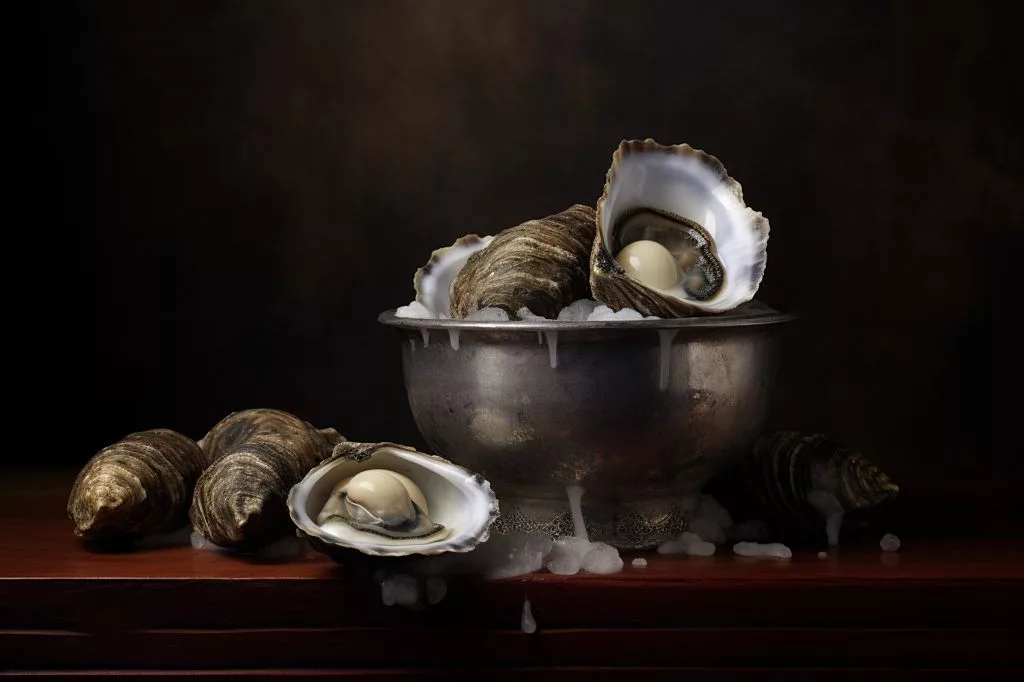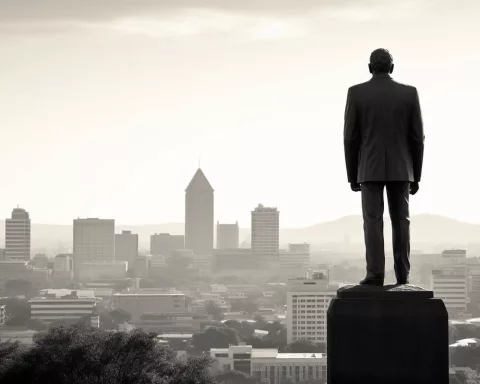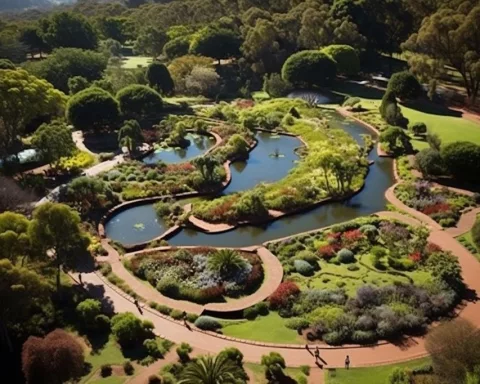The 1995 Rugby World Cup was shrouded in mystery after former All Blacks coach Laurie Mains alleged that his team was poisoned by a waitress named Suzie before the final match. While the South African Rugby Union denied any involvement, the legend of Suzie and the alleged poisoning continues to fascinate rugby enthusiasts. Despite efforts to uncover the truth, the enigmatic Suzie remains at the center of this enduring mystery that has transcended the world of sports and become a testament to the enduring power of storytelling.
Did the New Zealand All Blacks suffer from poisoning before the 1995 Rugby World Cup final?
Former All Blacks coach Laurie Mains claims his team fell victim to poisoning before the 1995 Rugby World Cup final, with a waitress named Suzie as the culprit. However, the South African Rugby Union denies any involvement and suggests the players’ decision to eat seafood led to their stomach issues. The mystery of Suzie continues to fascinate rugby enthusiasts, with the truth likely to remain elusive.
The All Blacks’ Poisoning Allegations
In the realm of sports, conspiracy theories frequently emerge, capturing the attention of fans and athletes alike. One particularly gripping mystery in rugby history is the alleged poisoning of the New Zealand All Blacks just before the 1995 Rugby World Cup final. This story, brimming with suspense and intrigue, has become a hallmark in rugby folklore, with the mysterious figure known as Suzie at its core.
Laurie Mains, the former All Blacks coach, has staunchly maintained that his players fell victim to poisoning in the critical moments preceding the 1995 Rugby World Cup final. Mains claims that a waitress named Suzie was responsible for this sinister act. The enigmatic story gained traction when a former bodyguard of Nelson Mandela, who also provided security for the All Blacks, suggested that betting syndicates might have been behind the event.
In search of answers, Mains enlisted the help of a private investigator to unveil the truth. However, the inquiry only produced the name Suzie, with no additional leads to pursue. Despite the absence of solid evidence, the legend of Suzie has been etched into rugby history. Yet, the alleged offender remains as elusive as ever, leaving the tale cloaked in mystery.
South African Rugby Union’s Denial
Entangled in this web of intrigue, the South African Rugby Union (SA Rugby) has emphatically denied any involvement in the purported poisoning. Edward Griffiths, the former SA Rugby boss, expressed doubt concerning the assertion that the All Blacks were deliberately poisoned. On the 20th anniversary of the 1995 final, Griffiths conceded that several players did suffer from stomach issues, with Marc Ellis notably vomiting on the sideline. However, he attributed these illnesses to the players’ decision to eat seafood, such as prawns and crayfish, in the days leading up to the final match.
Griffiths explained that seafood can indeed cause food poisoning if consumed at the wrong time, and it appeared that some players had regrettably succumbed to this. While the enigmatic Suzie from Southern Sun became a popular subject of gossip and conjecture, Griffiths underscored the players’ own choice to partake in seafood. He insisted that nobody had coerced them into eating the potentially dangerous dishes mere days before the World Cup final.
As the years pass, the riddle of Suzie and the alleged poisoning continues to enthrall rugby enthusiasts. The unresolved nature of this story, combined with the dramatic impact it had on the 1995 Rugby World Cup, guarantees that it remains a tantalizing topic for discussion and debate among fans.
The Enduring Fascination
Reflecting on the events surrounding the 1995 final, one cannot help but be amazed by the vivid narrative that has unraveled. From the involvement of an untraceable waitress named Suzie to the potential motives of betting syndicates, the tale is filled with twists and turns that could rival any work of fiction. Amidst this captivating narrative, SA Rugby’s unwavering denial adds another layer of complexity.
The complex interplay between various aspects of this mystery, such as the historical significance of the 1995 Rugby World Cup and the imaginative narrative born from the alleged poisoning, make this an everlastingly compelling story. Although the truth may never be fully discovered, the legend of Suzie and the 1995 Rugby World Cup poisoning will continue to captivate the imagination of fans and players for years to come.
Ultimately, what remains is an intricate tale that has transcended the world of sports, blending narrative and analysis to create an enthralling saga. Anecdotes and descriptions merge with the reflections and observations of those involved, producing a timeless story that speaks to the intrigue and passion inherent in rugby. While Suzie’s true role in this mystery may never be unveiled, her legend serves as a testament to the power of storytelling and the enduring fascination with the unknown.
1. What is the 1995 Rugby World Cup Poisoning Mystery?
It is a mystery surrounding the New Zealand All Blacks rugby team’s alleged poisoning just before the 1995 Rugby World Cup final. The former All Blacks coach, Laurie Mains, believes a waitress named Suzie was responsible.
2. Who is Suzie?
Suzie is a waitress who allegedly poisoned the New Zealand All Blacks rugby team before the 1995 Rugby World Cup final. Her identity and involvement in the alleged poisoning remains a mystery.
3. Did the South African Rugby Union deny involvement in the alleged poisoning?
Yes, the South African Rugby Union (SA Rugby) denied any involvement in the alleged poisoning. They attributed the players’ stomach issues to their own decision to eat seafood, such as prawns and crayfish, in the days leading up to the final match.
4. Was there an investigation into the alleged poisoning?
Former All Blacks coach Laurie Mains enlisted the help of a private investigator to uncover the truth, but the inquiry only produced the name Suzie, with no additional leads to pursue.
5. Was there any evidence to support the poisoning allegations?
There was no solid evidence to support the allegations of poisoning, only the statements from the former All Blacks coach and the bodyguard of Nelson Mandela who suggested that betting syndicates might have been behind the event.
6. What is the enduring fascination with the Suzie and the alleged poisoning?
The complex interplay between various aspects of this mystery, such as the historical significance of the 1995 Rugby World Cup and the imaginative narrative born from the alleged poisoning, make this an everlastingly compelling story. The unresolved nature of this story, combined with the dramatic impact it had, guarantees that it remains a tantalizing topic for discussion and debate among fans.
7. Was anyone held accountable for the alleged poisoning?
No one was held accountable for the alleged poisoning.
8. What does the Suzie and the alleged poisoning represent in rugby history?
The Suzie and the alleged poisoning represent a captivating tale that has transcended the world of sports, blending narrative and analysis to create an enthralling saga. It has become a hallmark in rugby folklore, serving as a testament to the power of storytelling and the enduring fascination with the unknown.












